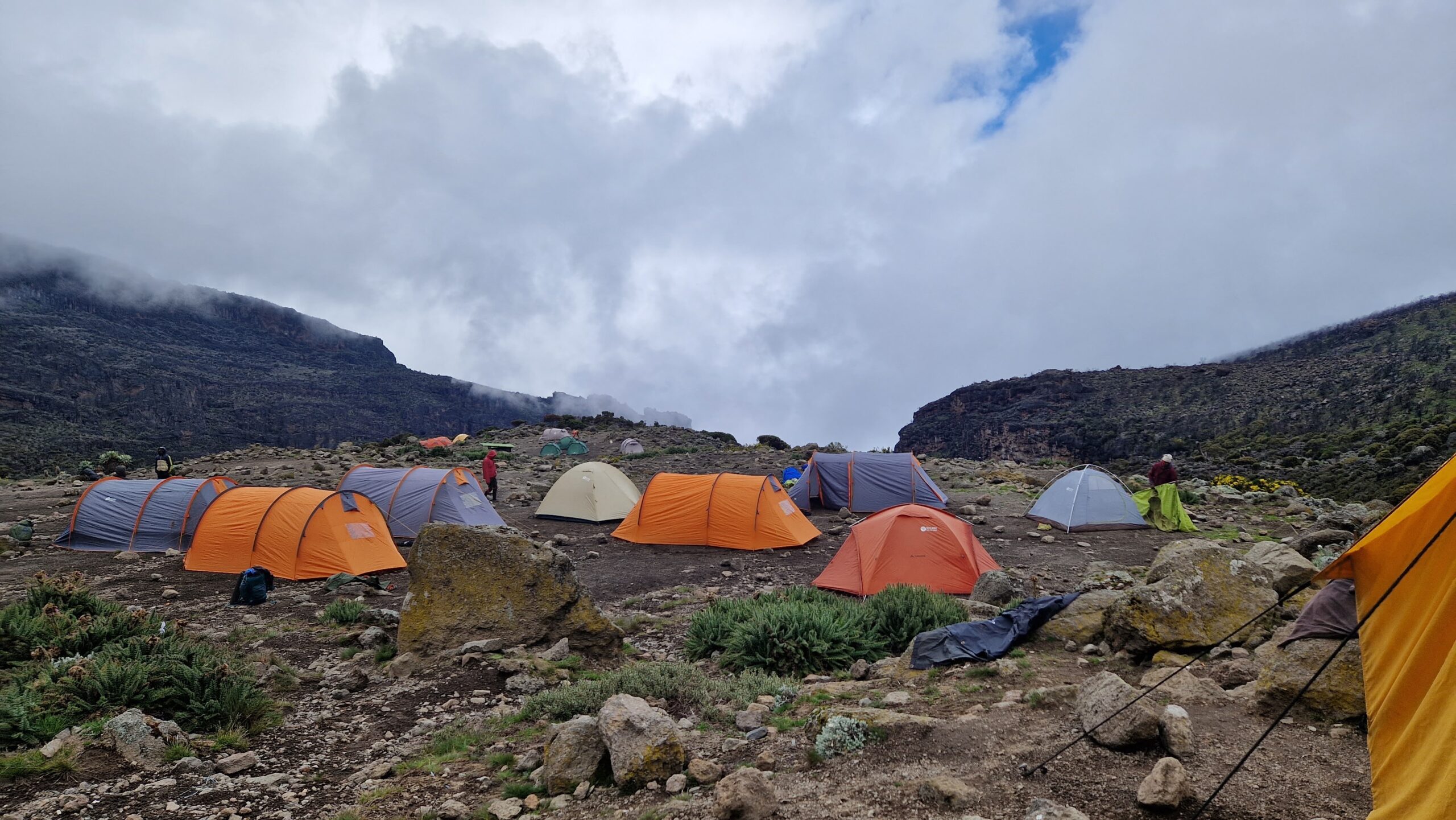6 Days Rongai Route
fromThe only trail that approaches Mount Kilimanjaro from the northern side, near the Kenyan border
-
Reviews 0 Reviews0/5
-
Vacation Style Holiday Type
-
Europe
-
Hiking
-
Jungle
-
-
Activity Level Challenging
-
The Rongai Route is the only trail that approaches Mount Kilimanjaro from the northern side, near the Kenyan border. Known for its remote and less crowded path, this route offers a unique perspective of the mountain, featuring breathtaking wilderness and diverse landscapes. It’s ideal for trekkers seeking a quieter climb with a high success rate due to its gradual ascent and opportunities for acclimatization.
- Location: The Rongai Route is located in Tanzania, East Africa, and it approaches the Uhuru Peak, the summit of Mount Kilimanjaro, which is the highest mountain in Africa.
- Remote and Less Crowded: The Rongai Route is often chosen by trekkers looking for a quieter and less crowded Kilimanjaro experience. It is less frequented compared to some of the more popular routes.
- Scenic Beauty: The Rongai Route offers trekkers stunning views of Kilimanjaro’s northern side, providing a unique perspective of the mountain. The trail is surrounded by pristine wilderness.
- Duration: The Rongai Route typically takes 6 to 7 days, offering a gradual ascent and good acclimatization opportunities.
- Camps: Trekkers on the Rongai Route stay in tents at designated campsites. The route provides basic accommodations with tents and dining areas.
- Gentle Ascent: The Rongai Route is known for its gentle slopes, making it less physically demanding compared to some other routes on Kilimanjaro.
- Summit Ascent: The summit attempt begins from Kibo Hut, where trekkers undertake a challenging ascent to Uhuru Peak, the highest point on Kilimanjaro, at 5,895 meters (19,341 feet) above sea level.
- Physical Fitness: While the Rongai Route is less physically demanding than some other routes, trekkers should still be in good physical condition and prepared for high altitudes.
- Guided Treks: It’s highly recommended to undertake the Rongai Route with a reputable trekking company. Experienced guides, porters, and support teams are essential for safety and success.
- Unique Experience: The Rongai Route offers a unique perspective of Kilimanjaro, with its northern approach and quieter trails. Trekkers often enjoy the tranquility and solitude of this route.
- Less Crowded Summit: The summit of Kilimanjaro via the Rongai Route is often less crowded than other routes, providing a more serene experience at the peak.
- Diverse Ecosystems: The route transitions through various ecological zones, from the lower rainforests to the moorlands and alpine deserts, offering a diverse trekking experience.
Overall, the Rongai Route is an excellent choice for trekkers seeking a quieter and less crowded Kilimanjaro experience while enjoying the scenic beauty of the mountain’s northern side. It offers a unique perspective of Africa’s highest peak and the opportunity to immerse oneself in pristine wilderness.
- Park Fees:
- Kilimanjaro National Park entry, camping, and rescue fees.
- Accommodation:
- Camping gear (tents, sleeping mats).
- Two nights’ hotel accommodation (before and after the trek) in Moshi or Arusha.
- Meals and Drinks:
- All meals during the trek (breakfast, lunch, dinner).
- Drinking water and hot drinks (e.g., tea, coffee).
- Guides and Crew:
- Professional, English-speaking mountain guides.
- Porters to carry luggage and camping gear.
- Cooks to prepare meals.
- Transport:
- Transfers to and from the mountain gate (Londorossi Gate).
- Equipment:
- Dining tent with tables and chairs.
- Cooking and eating utensils.
- First aid kits, including an oxygen cylinder for emergencies.
- Permits and Documentation:
- Trekking permits and other required documentation.
- Support Services:
- Emergency evacuation (only to the park gate, not medical evacuation).
- Summit certificate (Gold for Uhuru Peak and Green for Stella Point).
- Flights:
- International and domestic flights to Tanzania.
- Visa and Travel Costs:
- Tanzania tourist visa fees.
- Travel insurance (mandatory for Kilimanjaro treks, covering high-altitude trekking and evacuation).
- Personal Equipment:
- Clothing, sleeping bags, trekking poles, and personal gear.
- Snacks and energy bars.
- Optional Expenses:
- Tips for guides, porters, and cooks (customary but not included).
- Additional hotel nights or excursions outside the trek.
- Medical Expenses:
- Vaccinations or medication (e.g., malaria prophylaxis).
- Personal first aid supplies.
- Beverages:
- Alcoholic drinks, sodas, and bottled water (beyond the trek-provided water).
- Other:
- Souvenirs or personal expenses.
- Gear rental (if needed, often available through the tour operator at extra cost).
- All park fees & permits
- Professional mountain guides, porters, and cook
- Meals prepared on the mountain (breakfast, lunch, and dinner)
- Drinking water throughout the trek
- Shared trekking group (unless private trek is requested)
- Basic camping equipment (tent, sleeping pad)
- Emergency first aid kit and evacuation assistance
- Essential for emergency evacuation, trip cancellations, and health coverage, but must be purchased separately.
- Hiking boots
- Thermal clothing
- Gloves, hats, sunglasses
- Personal snacks
- Daypacks
- Laundry, souvenirs, phone calls, and extra services at lodges.

